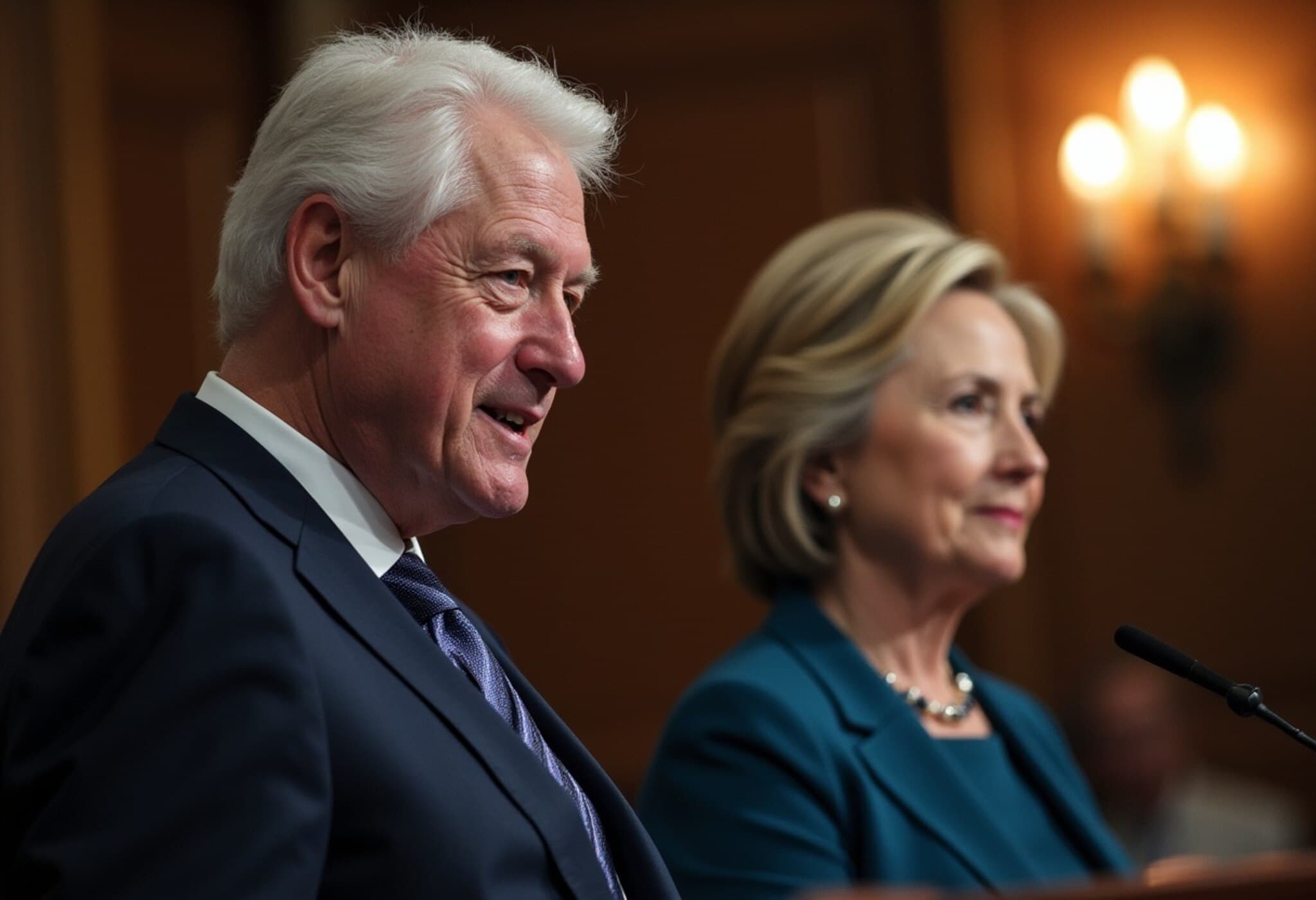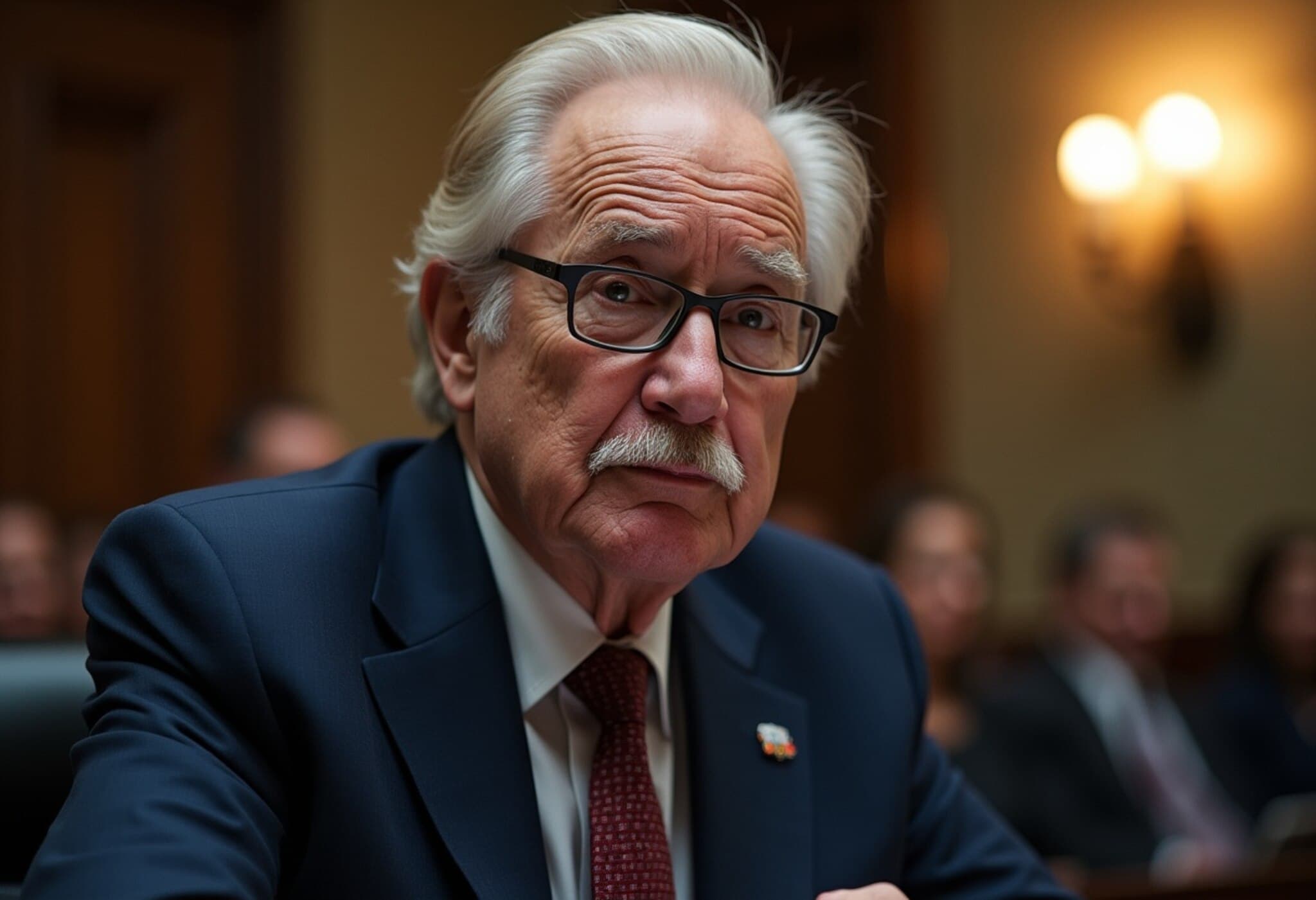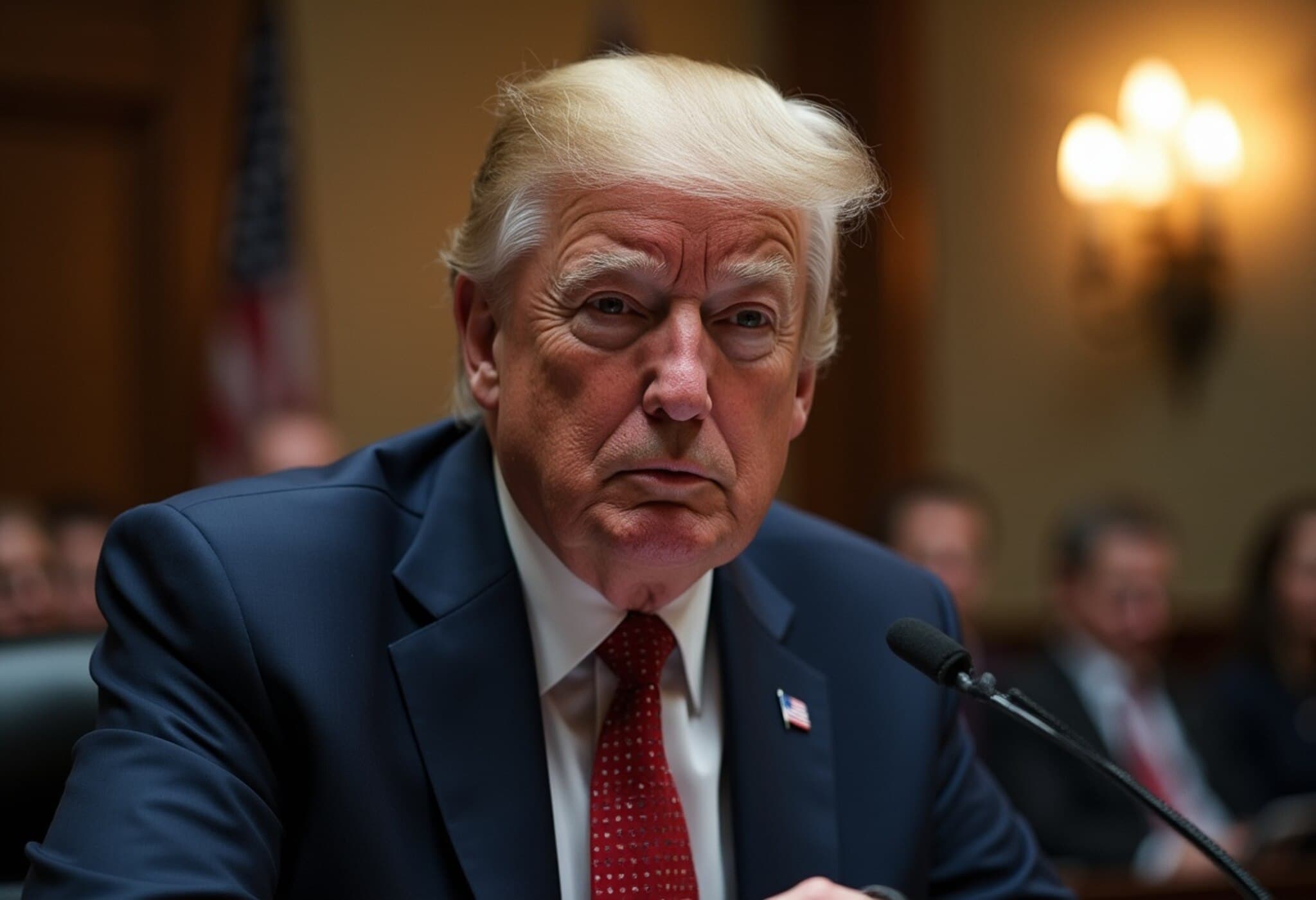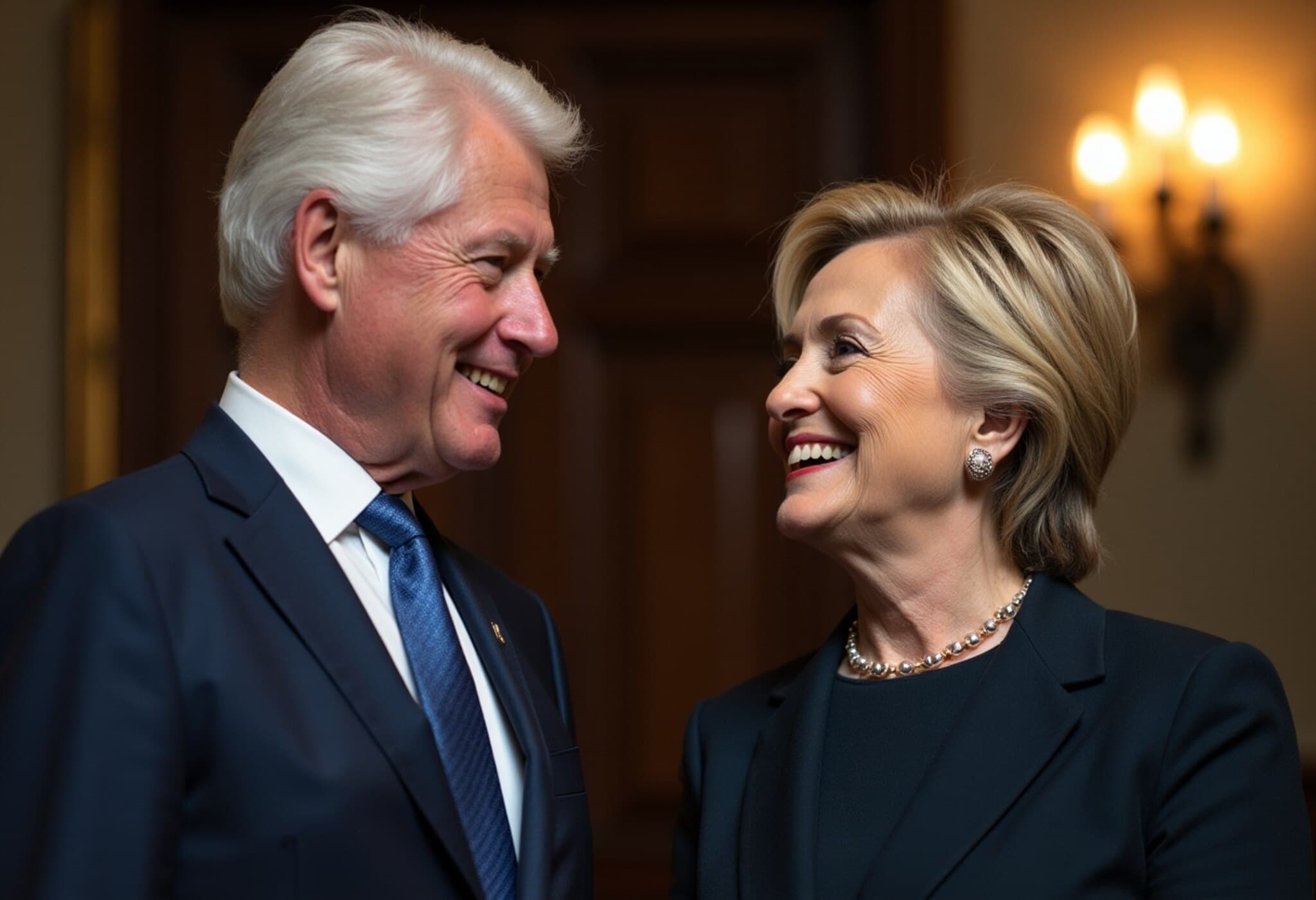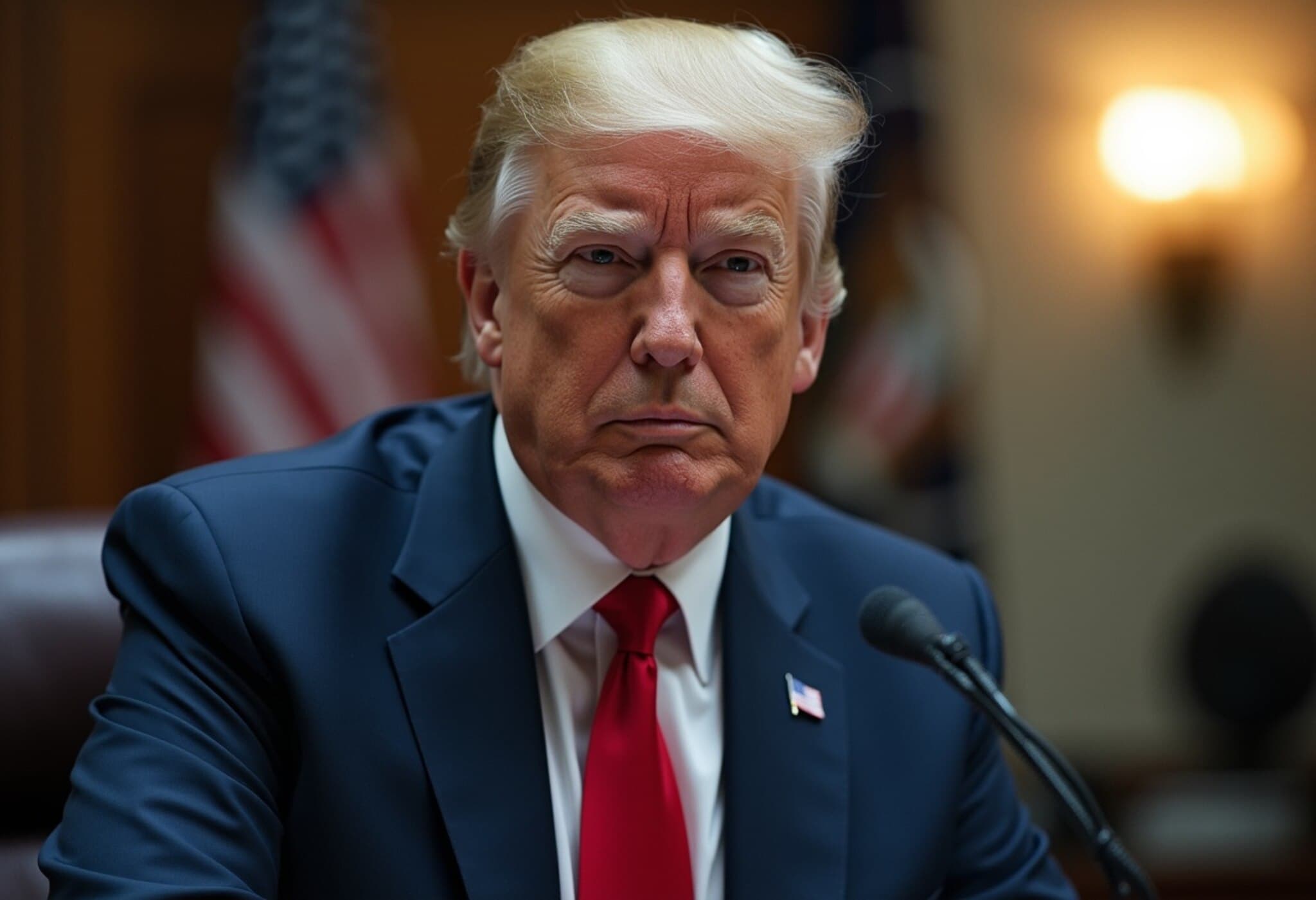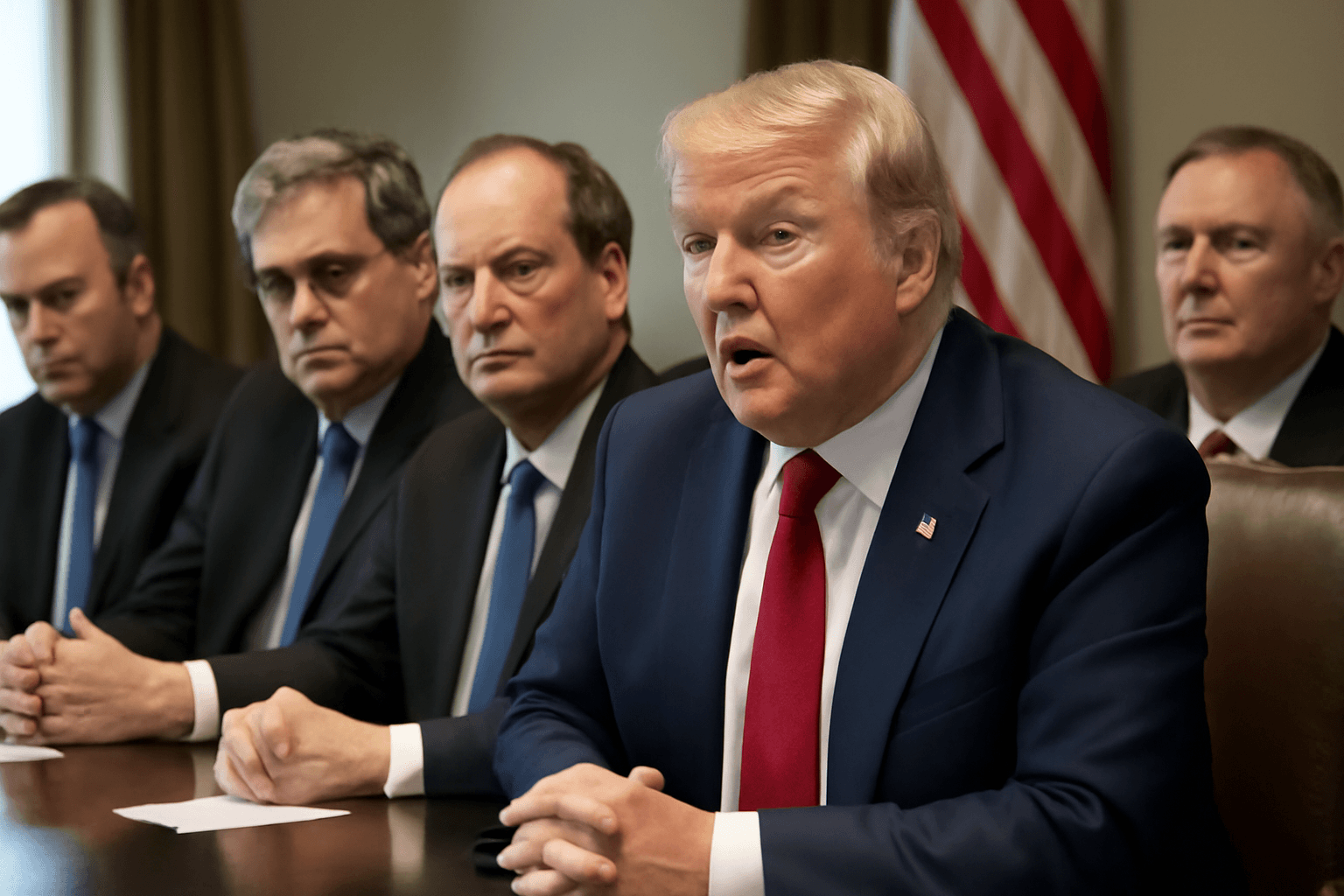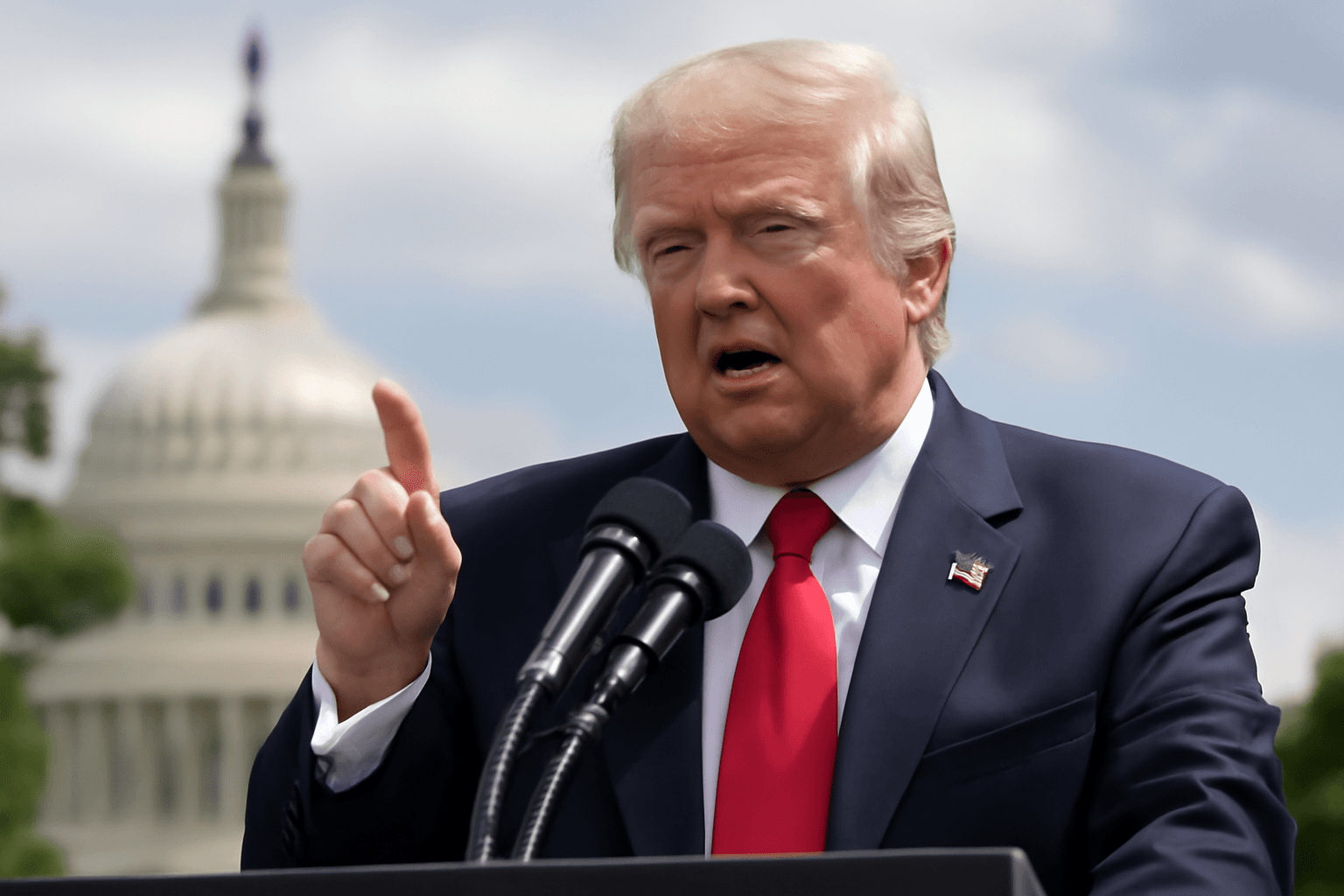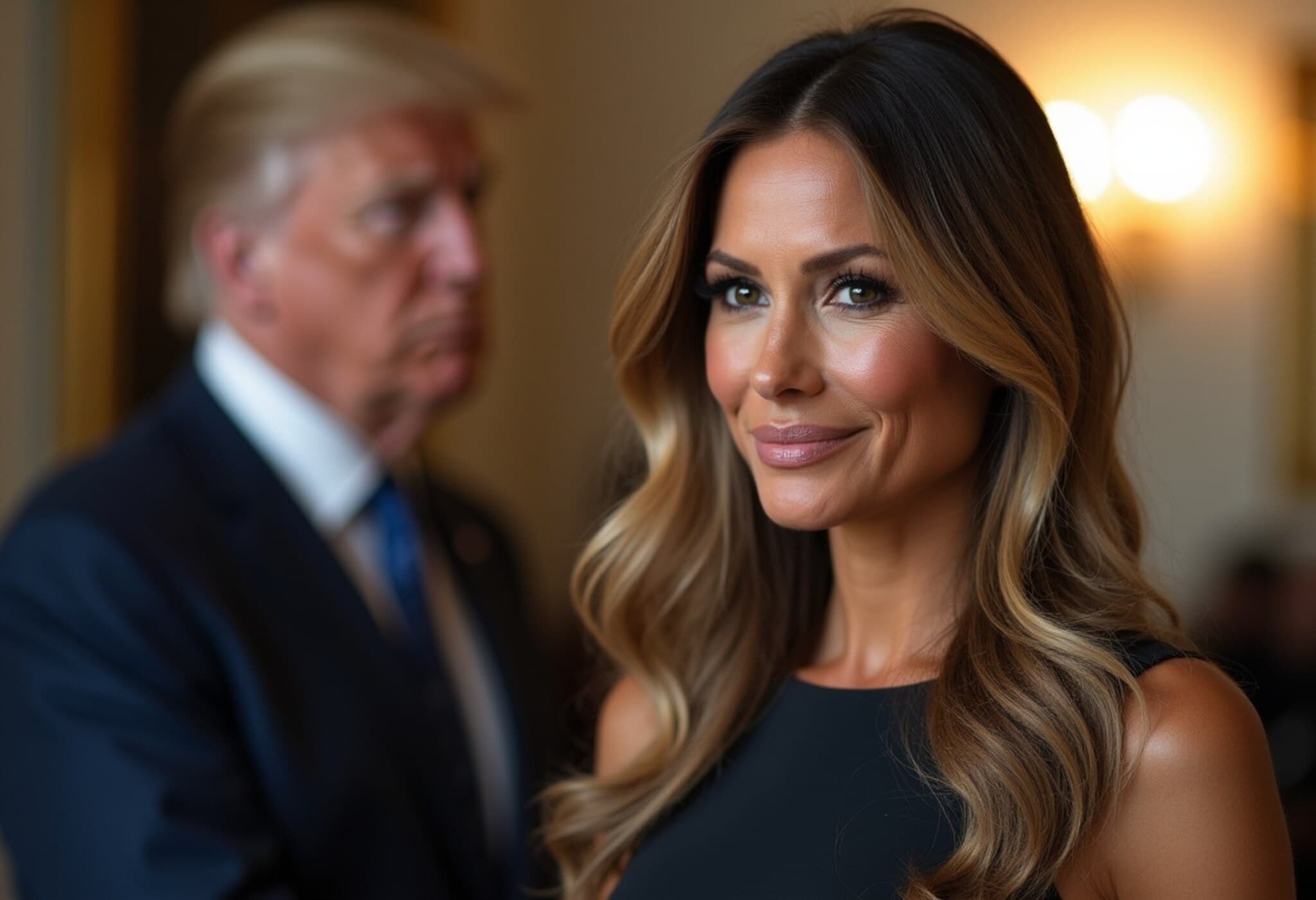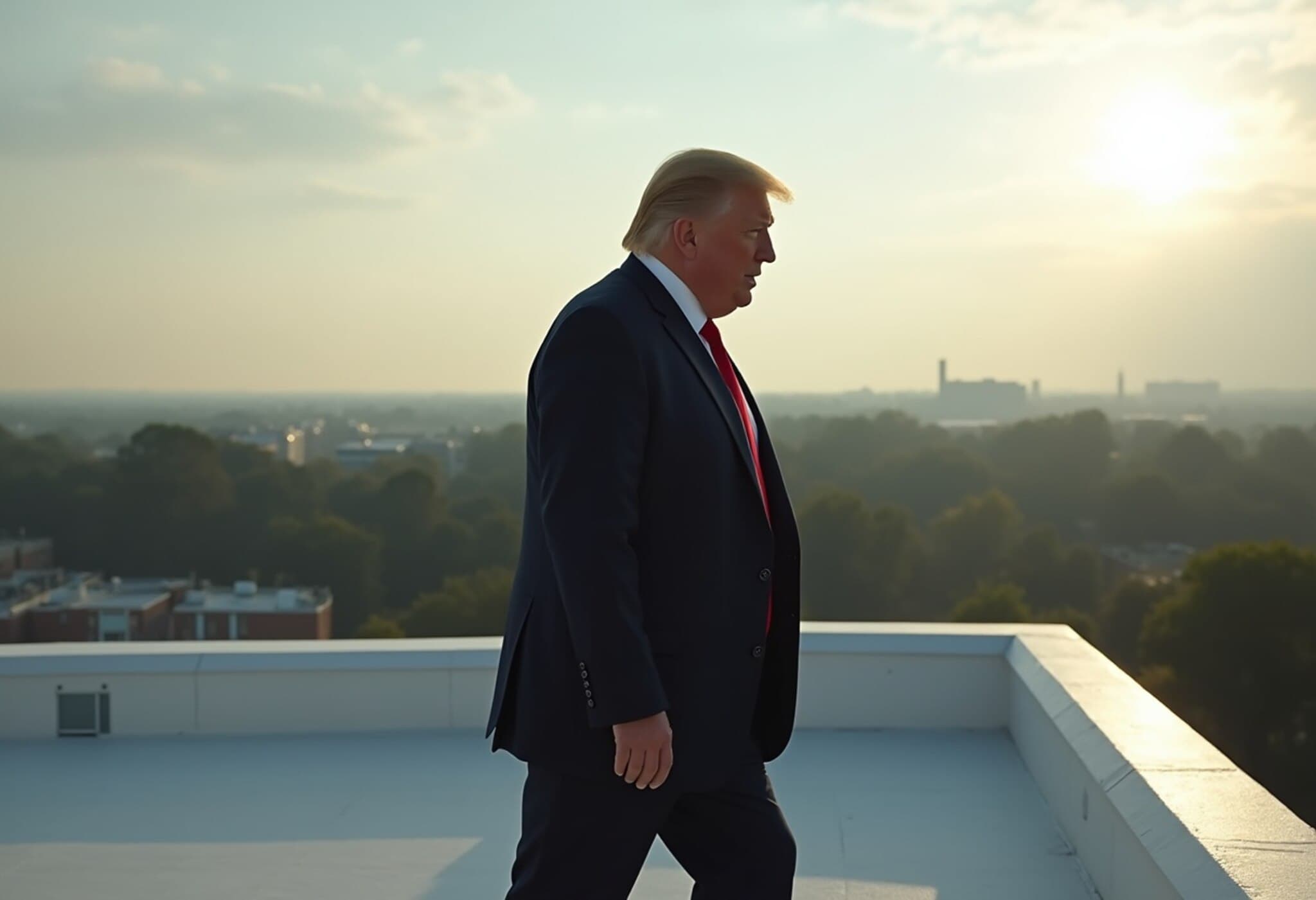US House Oversight Committee Demands Clinton Testimonies in Epstein Investigation
In a significant development that intensifies scrutiny over the Jeffrey Epstein scandal, the US House Oversight Committee has issued subpoenas to former President Bill Clinton and former Secretary of State Hillary Clinton, as revealed in letters posted on August 5, 2025. This move marks a notable expansion in the congressional inquiry surrounding Epstein, the disgraced financier and convicted sex offender who died by apparent suicide in 2019 while awaiting trial on sex trafficking charges.
Mounting Pressure on White House for Transparency
The subpoenas arrive amidst growing bipartisan calls for the Biden administration to release documents pertaining to Epstein’s case—files believed to contain names of prominent individuals linked to Epstein’s criminal activities. Despite persistent demands, the White House has faced criticism for its cautious approach to transparency, a stance complicated by the politically sensitive nature of the allegations.
Clintons Under the Spotlight
Oversight Committee Chairman James Comer explicitly referenced Bill Clinton’s prior interactions with Epstein, accusing him of multiple flights aboard Epstein’s private jet in 2002 and 2003, including a troubling instance where Clinton was reportedly photographed receiving a massage from one of Epstein’s victims. These claims add fuel to an already volatile political atmosphere, igniting debates about accountability across party lines.
Political and Social Ramifications
- Trump administration’s complicated stance: Following his return to office in January, President Donald Trump pledged to disclose Epstein-related files but has since wavered, reportedly influenced by revelations that his name appeared multiple times in the documents shared with him in 2025.
- Conspiracy theories thrive: Epstein’s dramatic death has long been the subject of conspiracy theories alleging elite protection for a global pedophile network, narratives amplified by some Trump supporters.
- Congressional divides: While Republican lawmakers lead the charge, many Democrats also push for transparency, advocating for a floor vote to force the release of Epstein’s files despite opposition.
Expert Insight: Why This Matters
The subpoenas highlight a crucial turning point in how American political institutions confront allegations of sexual misconduct involving powerful figures. From a legal standpoint, compelling testimony from high-profile politicians could illuminate systemic issues surrounding criminal accountability and the abuse of power. Economically, the fallout may impact public trust and financial markets sensitive to institutional integrity, especially as Epstein’s connections spanned finance and philanthropy.
Furthermore, this investigation underscores the challenges governments face in balancing national security, privacy, and public demand for transparency. It also brings into focus the role of media literacy in helping citizens critically evaluate conflicting narratives emerging around such high-profile cases.
What’s Next?
The coming weeks are expected to see heightened political theater as subpoenas translate into public hearings and possible testimonies. The White House, meanwhile, is caught between protecting sensitive information and addressing widespread calls for openness—an intricate dance that could shape perceptions of governmental accountability well beyond the Epstein case.
Editor’s Note
While the subpoenas to Bill and Hillary Clinton signal a deeper congressional pursuit of truth, they also raise pressing questions about how political power can influence justice. How will this investigation reconcile the public’s right to know with concerns over privacy and national interest? And what lessons will emerge regarding protections against abuses within elite circles? As the story unfolds, critical examination beyond political allegiances is essential to understand the broader implications for law, governance, and society.

